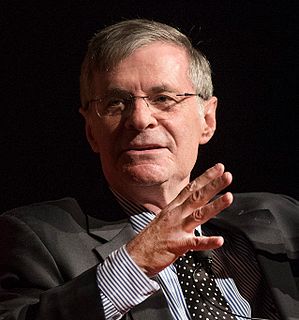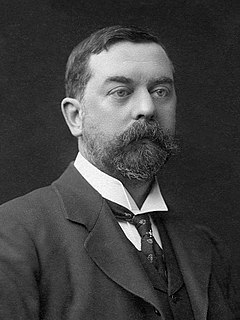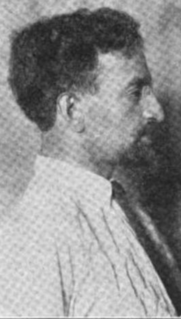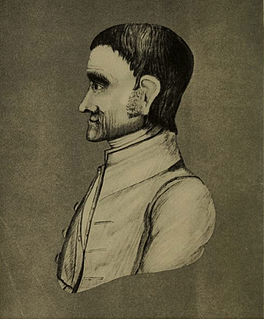A Quote by B. C. Forbes
Frank W. Woolworth once told me that the turning-point in his career did not come until he was thrown flat on his back by illness. He was sure that his business would go to pieces during his long, enforced absence. Instead, he discovered that he had in his employ men who could overcome difficulties when given power to exercise initiative. After that Woolworth left many problems and difficulties to be solved by subordinates and turned his attention to big things.
Quote Topics
Absence
After
Attention
Back
Big
Big Thing
Big Things
Business
Career
Come
Could
Did
Difficulties
Discovered
Employ
Enforced
Exercise
Flat
Frank
Given
Go
Had
His
Illness
Initiative
Instead
Left
Long
Many
Me
Men
Once
Overcome
Pieces
Point
Power
Problems
Solved
Subordinates
Sure
Things
Thrown
Turned
Turning
Until
Would
Related Quotes
His head was swimming, and he was far from certain even of the direction they had been going in when he had his fall. He guessed as well as he could, and crawled along for a good way, till suddenly his hand met what felt like a tiny ring of cold metal lying on the floor of the tunnel. It was a turning point in his career, but he did not know it. He put the ring in his pocket almost without thinking; certainly it did not seem of any particular use at the moment.
Impressionism' was the name given to a certain form of observation when Monet, not content with using his eyes to see what things were or what they looked like as everybody had done before him, turned his attention to noting what took place on his own retina (as an oculist would test his own vision).
'Impressionism' was the name given to a certain form of observation when Monet, not content with using his eyes to see what things were or what they looked like as everybody had done before him, turned his attention to noting what took place on his own retina (as an oculist would test his own vision).
When Christ was about to leave the world, He made His will. His soul He committed to His father; His body He bequeathed to Joseph to be decently interred; His clothes fell to the soldiers; His mother He left to the care of John; but what should He leave to His poor disciples that had left all for Him? Silver and gold He had none; but He left them that which was infinitely better, His peace.
My father died and left me his blessing and his business. His blessing brought no money into my pocket, and as to his business, it soon deserted me, for I was busy writing poetry, and could not attend to law, and my clients, though they had great respect for my talents, had no faith in a poetical attorney.
And still Meriadoc the hobbit stood there blinking through his tears, and no one spoke to him, indeed none seemed to heed him. He brushed away the tears, and stooped to pick up the green shield that Eowyn had given him, and he slung it at his back. Then he looked for his sword that he had let fall; for even as he struck his blow his arm was numbed, and now he could only use his left hand.
The little individualist, recognizing his individual impotence, realizing that he did not possess within himself even the basis of a moral judgement against his big brother, began to change his point of view. He no longer hoped to right all things by his individual efforts. He turned to the law, to the government, to the state.
St. Augustine and St. Thomas define mortal sin to be a turning away from God: that is, the turning of one's back upon God, leaving the Creator for the sake of the creature. What punishment would that subject deserve who, while his king was giving him a command, contemptuously turned his back upon him to go and transgress his orders? This is what the sinner does; and this is punished in hell with the pain of loss, that is, the loss of God, a punishment richly deserved by him who in this life turns his back upon his sovereign good.
Was his life nothing? Had he nothing to show, no work? He did not count his work, anyone could have done it. What had he known, but the long, marital embrace with his wife. Curious, that this was what his life amounted to! At any rate, it was something, it was eternal. He would say so to anybody, and be proud of it. He lay with his wife in his arms, and she was still his fulfillment, just the same as ever. And that was the be-all and the end-all. Yes, and he was proud of it.






























